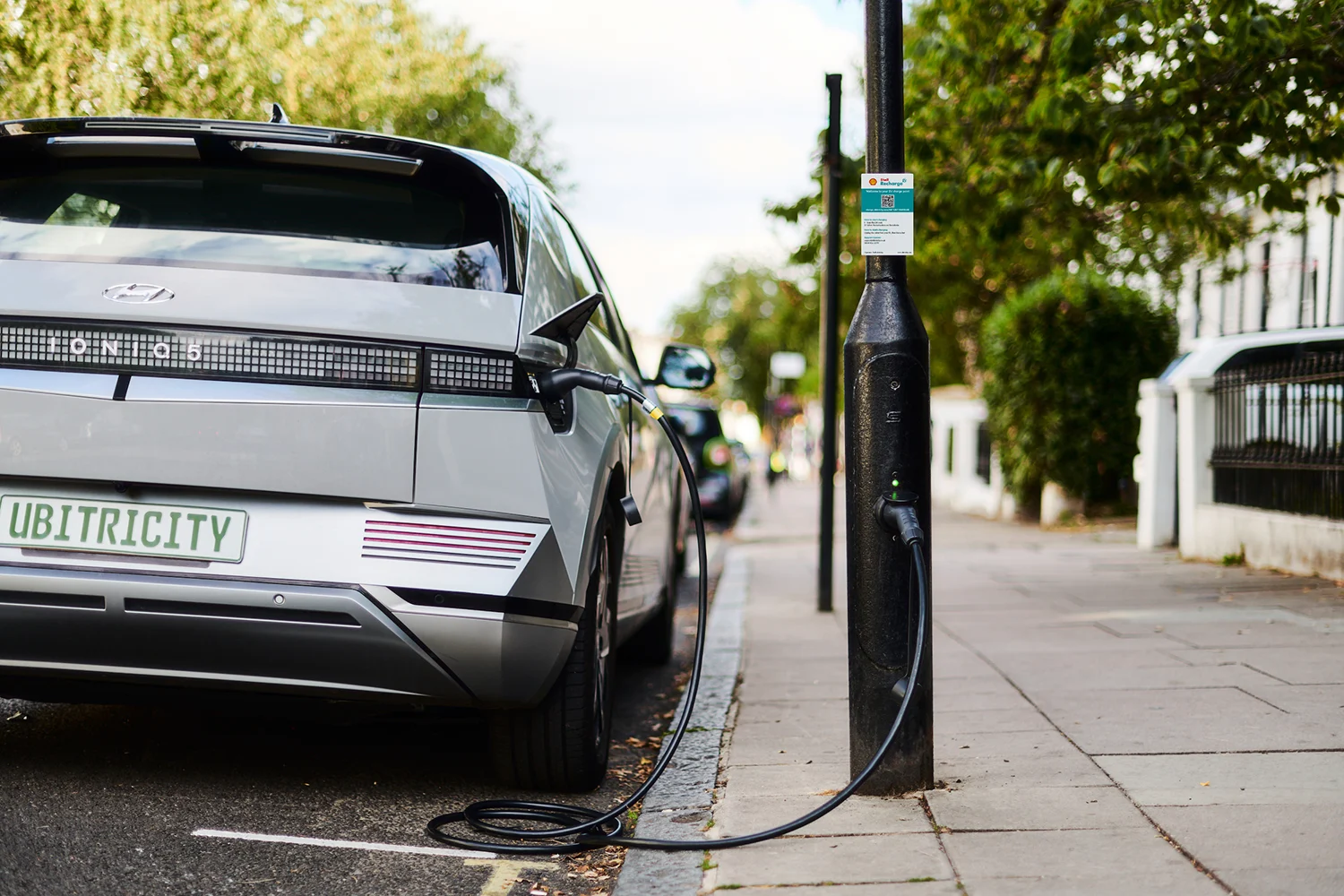How to use ORCS funding to boost your EV charging infrastructure
What is ORCS funding? The On-street Residential charge point Scheme (ORCS) provides grant funding for local authorities to install residential on-street charge points. The scheme aims to improve the availability of local electric vehicle (EV) charging infrastructure for residents without off-street (private) parking.

How to benefit from ORCS?
Through ORCS funding, local authorities can receive a grant covering up to 50% of residential charge point procurement and installation costs. In standard projects, OZEV will fund up to £7500 per charge point and grand a maximum of £200,000 per project.
ORCS funding updates 2023-2024
In October 2023, changes to ORCS funding were announced to ensure more local authorities would be able to benefit from the funding and include car clubs supported by local authorities. Previously, the funding would cover up to 60% of capital costs, but from now it will cover up to 50% as OZEV expects that many projects require less funding.

ORCS Funding Summary
- Available for lamppost, car parks & street furniture charge points
- Open to relevant local authorities throughout the UK for areas without off-street parking, and car clubs supported by local authorities
- Can fund up to 50% of procurement and installation costs
- Projects with a delivery timeframe of up to the end of the 2024/25 financial year (1st March 2024) will be considered
-
Applications for ORCS funding are open until 31 March 2024
How to apply for ORCS funding
Check your eligibility
Step 1: The application process is open to relevant local authorities throughout the UK for areas without off-street parking. Local authorities must have the explicit support of the relevant Highways Authority if installing on-street. If installing in car parks, local authorities must own the land. A complete checklist on eligibility can be found here.
Work with a CPO
to secure funding
Step 2: ORCS funding provides 50% of capital costs of residential charge point purchasing and installation, the remaining half must be secured from a different source. The council can pay the remaining 50% directly or through match funding with a CPO such as ubitricity.
Alongside match funding, CPOs can work with and aid local authorities throughout the bid process and application. Additionally, ubitricity offers to identify ideal charge point locations and support the individual charge point mapping required for ORCS funding.
Apply now before
ORCS funding closes
Step 3: ORCS funding has been extended, but the deadline is looming. Projects with a delivery timeframe of up to the end of the 2024/25 financial year (1st March 2025) will be considered. With many projects taking an average time of 3-9 months from start to finish, the time to apply for ORCS funding is running out. Applications remain open until 31st March 2024 or until all funding for 2023 to 2024 projects has been allocated – whichever is sooner.
How ubitricity can help:
a fully funded offer
OZEV allocated £20 million of funding to the scheme for 2023 to 2024. With OZEV providing 50% of the capital costs for residential charge point procurement and installation, ubitricity, as part of the Shell Group will match the remaining 50% (or more, subject to commercial terms).
More info & support
More information on ORCS applications can be found here, including a model ORCS application and claim forms.
To learn more about ubitricity’s free support for ORCS grant applications, speak to our sales team. We look forward to speaking to you soon.